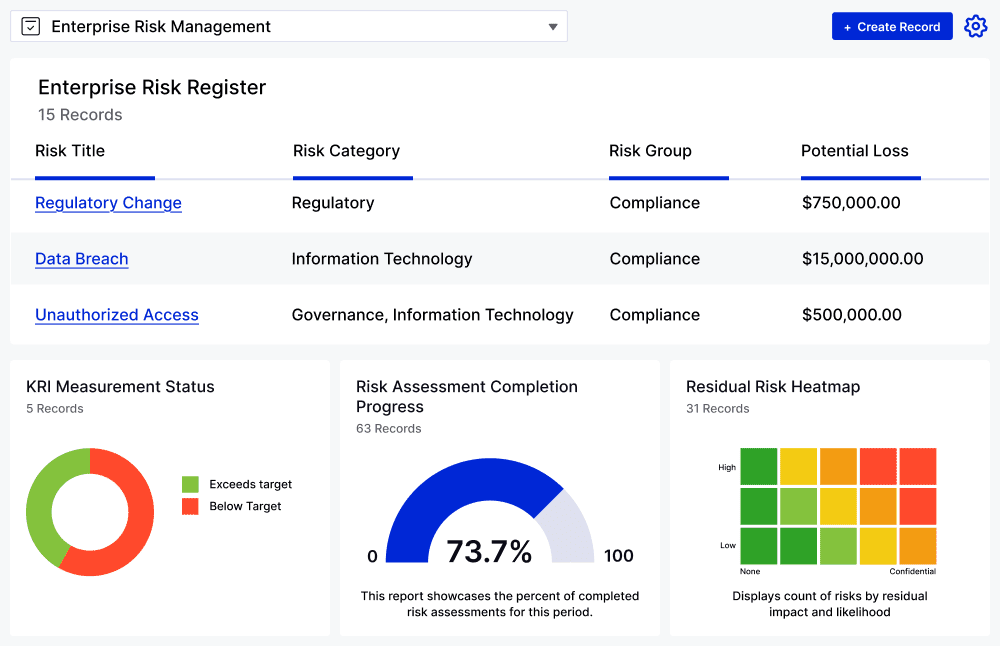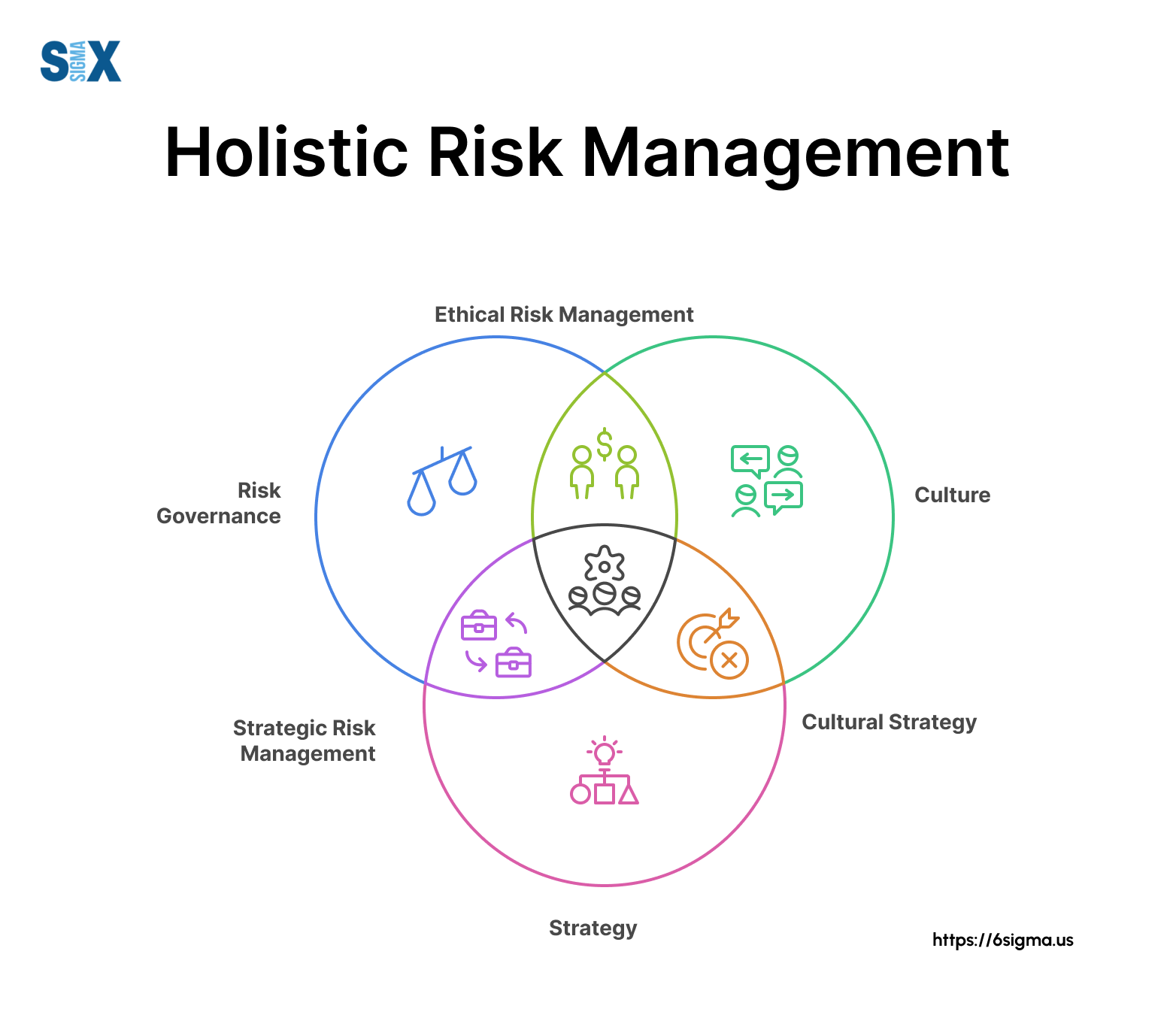Insider threats show a expansive viewpoint for digital protection
Explore the Role of AI in Promoting Ethics and Stability to Battle Expert Threats Properly
The assimilation of AI in business structures has actually come to be pivotal in attending to insider risks. By employing innovative analytics and real-time surveillance, AI systems can recognize inconsistencies from honest habits among employees (Insider threats). This positive approach not just improves compliance however also promotes an atmosphere of trust. As business significantly rely upon these innovations, concerns develop concerning their efficiency and prospective ramifications for workplace society. What exists ahead in the evolution of AI's function in promoting integrity?
Recognizing Expert Risks and Their Effect On Organizations
Organizations commonly focus on exterior hazards, expert dangers present a substantial risk that can weaken protection and honesty. These threats emerge from people within the organization, such as workers or specialists, that may misuse their accessibility to delicate info for personal gain or destructive intent. The effect of expert threats can be serious, bring about monetary losses, reputational damages, and legal implications.
Factors adding to expert dangers consist of dissatisfaction with the work environment, lack of oversight, and inadequate employee training on safety and security protocols. Organizations frequently have a hard time to recognize these risks, as they can be hard to spot until significant damages has occurred. Avoidance strategies should concentrate on promoting a society of trust fund and responsibility, alongside implementing durable tracking and reporting systems. By recognizing and dealing with the complexities of expert hazards, organizations can enhance their security posture and shield their valuable properties from inner dangers.
The Development of AI in Workplace Safety And Security
As organizations progressively face varied safety and security difficulties, the combination of expert system (AI) in work environment protection has evolved substantially. Originally, AI applications focused mainly on automating fundamental safety protocols, such as accessibility control and security. Improvements in equipment learning and data analytics have transformed AI right into a positive tool qualified of identifying prospective risks and susceptabilities in real-time.
Organizations currently take advantage of AI-driven systems to evaluate substantial amounts of information, enabling them to detect anomalous actions that might show expert dangers. This development has actually caused the advancement of sophisticated algorithms that can gain from historic events, enhancing the system's predictive capabilities. Additionally, AI devices are progressively utilized to streamline occurrence reaction procedures, permitting safety and security groups to act quickly and successfully.
Exactly How AI Monitors Worker Behavior for Ethical Conformity
Expert system plays a vital function in keeping an eye on employee habits to guarantee honest conformity within companies. AI systems evaluate huge amounts of information generated by employees, consisting of communications, purchases, and access to delicate info. By using innovative algorithms, these systems can identify discrepancies from developed ethical criteria and company plans.
Artificial intelligence designs constantly adapt to recognize patterns of actions that may suggest honest violations, such as unapproved information accessibility or unusual purchase tasks. Insider threats. In enhancement, AI-driven tools can supply real-time signals to management, helping with prompt treatments when potential threats are found
The assimilation of AI right into compliance tracking not only enhances the company's capacity to copyright honesty but likewise promotes a society of liability among staff members. By advertising openness, AI systems serve as a deterrent against underhanded behavior, guaranteeing that workers remain aligned with moral criteria and business worths.
Evaluating Patterns: Recognizing Risky Behavior With AI
A growing number of companies are leveraging AI to examine patterns that may show risky behavior among workers. By making use of sophisticated algorithms, these systems can sift through huge quantities of data, determining abnormalities in user actions that might recommend possible insider hazards. As an example, AI can spot uncommon accessibility patterns to sensitive info, such as workers accessing data outside their common extent of work or throughout irregular hours. Additionally, behavioral analytics can highlight regular modifications in a staff member's communication style or collaboration behaviors, which may indicate underlying issues. This aggressive method enables companies to pinpoint danger factors before they escalate into significant risks. Consequently, the combination of AI right into monitoring practices not only enhances security yet likewise fosters a culture of responsibility and ethical actions. By identifying these patterns, organizations can much better recognize the behavior characteristics within their labor force, ultimately promoting a more secure and extra ethical workplace.
Real-Time Insights: Immediate Feedbacks to Possible Threats
Real-time insights via anticipating analytics and automated sharp systems play a crucial role in resolving prospective risks to values and stability. By leveraging these technologies, companies can prepare for risky habits and react quickly to minimize risks. This proactive method boosts accountability and cultivates a culture of honesty in various environments.
Predictive Analytics Applications

Automated Alert Systems
Anticipating analytics supplies a foundation for companies to enhance their responsiveness to honest concerns with automated sharp systems. These systems use real-time information to keep an eye on activities, spotting anomalies that may indicate prospective expert hazards. By leveraging artificial intelligence formulas, automated notifies can identify patterns of habits that drift from developed norms, enabling speedy treatment. This immediacy is necessary in mitigating threats associated with unethical methods. Additionally, automated sharp systems can enhance interaction amongst pertinent stakeholders, ensuring that potential risks are resolved promptly and properly. As organizations progressively rely upon AI-driven options, the combination of automated sharp systems will play a crucial duty in promoting a society of ethics and integrity, eventually guarding organizational properties.
Promoting a Culture of Trust Fund With AI-Driven Openness
AI-driven openness can substantially boost count on within organizations by promoting liability and open interaction. Via real-time surveillance remedies, stakeholders can gain insights into processes and decision-making, cultivating a culture of stability. Data-driven decision-making better supports this transparency, allowing informed choices useful site that line up with ethical standards.
Enhancing Openness and Accountability
Exactly how can organizations successfully foster a society of trust fund? By improving openness and responsibility with the tactical use man-made intelligence. AI can assist organizations methodically track decision-making processes, making sure that actions line up with established ethical criteria. This transparency permits employees to see the rationale behind plans and choices, reducing ambiguity and cultivating a feeling of justness. In addition, AI-driven devices can assist in clear interaction pertaining to responsibilities and assumptions, equipping individuals to take ownership of their actions. As accountability comes to be deep-rooted in the business culture, staff members are a lot more likely to involve in moral behavior, recognizing their actions are kept track of and examined. Inevitably, this method grows an atmosphere where depend on can prosper, considerably mitigating the threat of expert risks.
Real-Time Surveillance Solutions
As organizations progressively seek to cultivate a society of trust fund, real-time surveillance solutions become a pivotal tool in boosting openness. These AI-driven systems continuously track tasks, supplying insights right into customer behavior and prospective abnormalities that may indicate expert dangers. By implementing such monitoring solutions, companies can proactively recognize threats, making certain timely actions to dubious tasks. This not only safeguards delicate information however likewise reinforces a commitment to moral techniques. The clear nature of real-time surveillance assists develop staff member self-confidence, as people are aware that their activities are being observed for the higher good. Inevitably, these solutions serve to cultivate a workplace environment based in trust, responsibility, and moral honesty, important for reducing expert hazards effectively.

Data-Driven Decision Making
Real-time surveillance services lay the groundwork for data-driven decision production, which significantly enhances organizational transparency. By leveraging AI technologies, companies can analyze large quantities of data to recognize abnormalities and patterns a measure of possible expert hazards. This analytical strategy allows stakeholders to make informed choices grounded in empirical proof, promoting a culture of count on amongst employees. Openness in decision-making processes, boosted by AI-driven understandings, urges responsibility and moral habits. Additionally, it allows organizations to proactively deal with vulnerabilities, ensuring that actions taken are warranted and communicated clearly. Therefore, the execution of data-driven strategies not only minimizes risks connected with insider hazards but likewise reinforces the worths of integrity and moral conduct within the business structure.
Future Fads: The Duty of AI in Enhancing Office Ethics
While organizations significantly turn to fabricated intelligence for functional performance, the capacity of AI to improve workplace values is obtaining prominence. Future trends indicate that AI will play a vital role in establishing moral structures and guidelines, allowing companies to navigate complicated ethical issues. By analyzing substantial quantities of information, AI can recognize patterns of dishonest behavior and offer insights that advertise transparency and liability.
AI-driven tools can assist in real-time tracking of staff member communications, assuring adherence to moral criteria. This aggressive technique not just mitigates insider dangers yet additionally grows a society of honesty. As companies embrace AI innovations, they have to likewise focus on honest programs and algorithmic prejudice reduction to assure justness.
In this advancing landscape, the integration of AI in ethical practices stands for a transformative change, promoting an atmosphere where stability is not merely anticipated however systematically reinforced.
Often Asked Inquiries
How Does AI Differentiate In Between Benign and Malicious Actions?
AI sets apart in between benign and harmful activities by evaluating patterns in individual actions, utilizing artificial intelligence algorithms to determine anomalies, and reviewing contextual data to establish whether activities straighten with well established standards or display prospective dangers.
Can AI Devices Replace Person Judgment in Honest Decision-Making?
AI tools can not fully replace human judgment in honest decision-making. While they can analyze data and recognize patterns, the nuanced understanding of context, values, and moral effects still needs human insight and discernment.
What Are the Privacy Ramifications of AI Keeping An Eye On Worker Actions?

How Can Organizations Make Certain AI Algorithms Are Morally Developed?
Organizations can assure AI formulas are ethically designed by executing transparent advancement procedures, including diverse stakeholders, conducting routine audits, and adhering to well established ethical structures that prioritize justness, liability, and respect for individual personal privacy and civil liberties.
What Training Is Required for Staff to Understand Ai's Honest Role?
Personnel training should encompass fundamental AI principles, data privacy, and bias understanding. Workshops, situation studies, and interactive sessions can boost understanding, making sure staff members recognize AI's moral ramifications and its duty in fostering stability within the organization.
Fabricated get redirected here knowledge plays a necessary duty in keeping track of worker actions to assure honest compliance within companies. The combination of AI into monitoring methods not just improves protection however likewise cultivates a culture of responsibility and honest actions. While organizations progressively face ethical problems and potential honesty breaches, anticipating analytics applications provide prompt understandings that can aid alleviate these risks. Predictive analytics offers a structure for companies to enhance their responsiveness to moral issues through automated alert systems. Future fads suggest that AI will certainly play a crucial function in creating moral structures and standards, allowing organizations to navigate complex ethical predicaments.